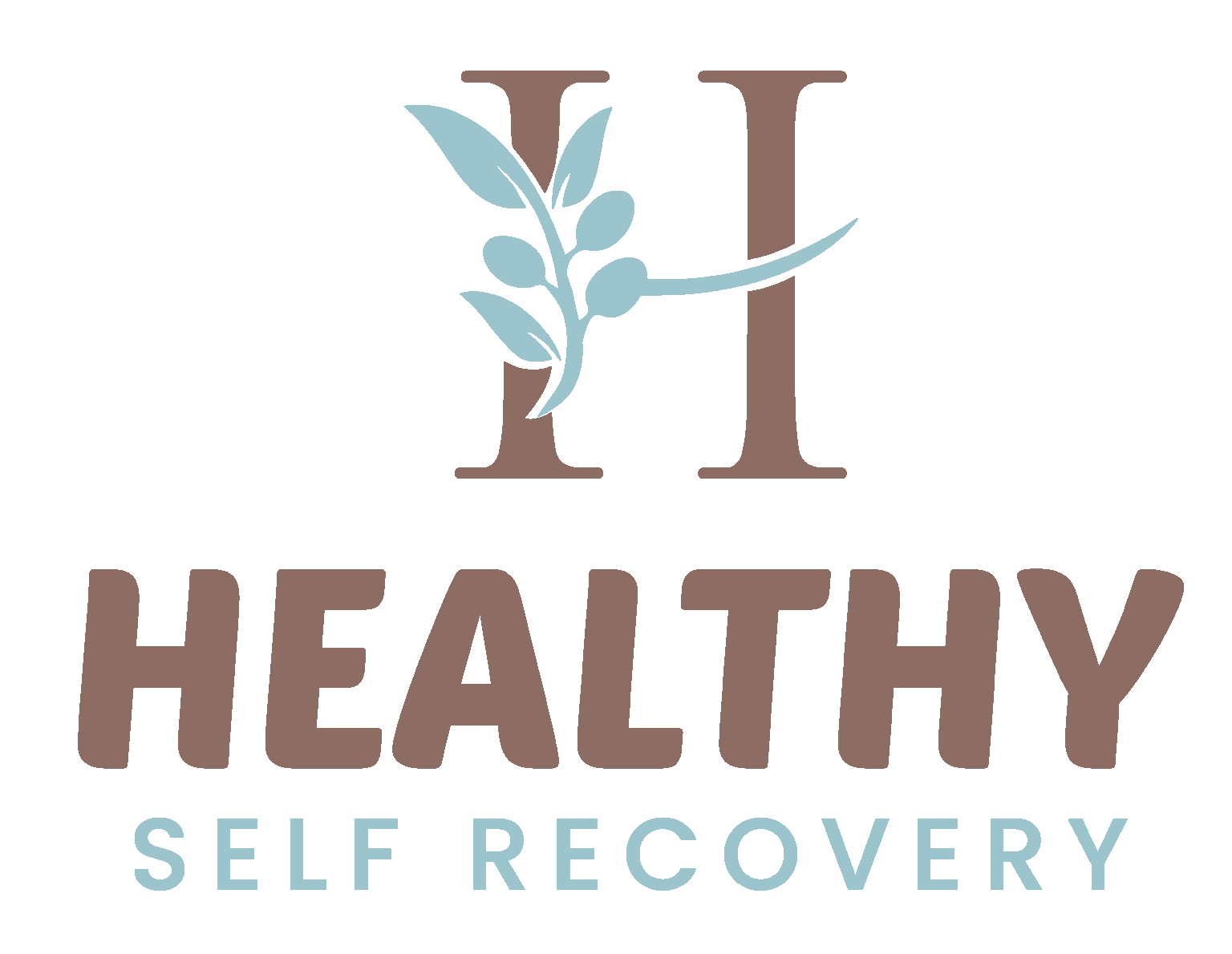What is Emotional Eating and When is it a Problem?
Emotional eating is when someone uses food as a way of coping with feelings and emotions rather than as a way of appeasing hunger. Eating as a way of coping with stress is totally normal behaviour. We all do it to a greater or lesser extent. In fact, we are physiologically hard-wired to do it: When our stress response is triggered the initial rush of adrenalin will reduce our appetite but if the stress continues we produce cortisol which will actually increase our appetite. There is absolutely nothing wrong with feeling a little blue and having a few more biscuits than normal or reaching for a chocolate bar.
However for some people, if emotional eating is their sole coping mechanism for difficult feelings this can be a red flag for developing an eating disorder such as binge eating disorder, and issues with physical and emotional health. That’s because the aftermath of emotional eating is often filled with feelings of guilt shame, and further emotional distress about the quantity/ type of food that was eaten AND the feelings or stressor that caused the eating are still there.
Typically emotional eating is seen more prevalent in women and in people who engage in dieting. Eating disorder recovery coaching is a fantastic consideration for someone wanting help to develop coping strategies and have a healthier relationship with food.

Role of an Eating Disorder Coach
Much of an eating disorder recovery coach’s work is to build trust and rapport so that the person feels that they are in a safe and empathetic space. A space in which they can explore factors such as:
What triggers emotional eating?
Emotional eating is when a person eats to manage their feelings. Occasionally this can be to celebrate something or when they feel good, but more commonly it is in response to a stressor such as stress at work or in a relationship or health issues. Triggers can also be feelings such as anger, boredom, loneliness, or fatigue. Ways that coaches may do this is for example to encourage someone to keep a food and mood journal. This can be a really useful way to identify patterns in food/mood and situations. Other ways could be by using the emotions wheel to start to be able to recognise and name emotions.
Bringing awareness
Many of us learn as children that food provides comfort and makes us feel better, a belief that is commonplace in our culture. Emotional eating often stems from patterns we learned long ago.
Someone who was rewarded for being good as a child with food may well reward themselves later on in life with food. Likewise, when people associate food with comfort, they may turn to it when they feel low.
Realising that this is our learned pattern of behaviour is a key component in being able to make changes.
Learning to differentiate between different types of hunger
There are 4 different types of hunger that we all experience – physical hunger, practical hunger, mouth hunger, and emotional hunger.
If you are moody and antsy because you are physically hungry then it is 100% OK to eat.

Learning alternative coping mechanisms
Once you are able to identify what is triggering you to want to emotionally eat then your coach and you can go through practical alternatives that actually address that need. If you are angry then maybe a good alternative would be to write a letter to the person you are angry with. Or simply to put an ice pack on your neck to cool down. Or maybe you find that you are eating because you are anxious your coach can help you identify calming and grounding techniques that work for you. If you are eating through boredom your coach can help you to come up with feasible ways to distract yourself and alleviate that boredom.
Establishing a supportive routine
Very often people don’t eat enough during the day and then get home from work and are starving and then the diet culture voice in their head deems this “emotional eating” because they feel guilty about it. Having a routine to ensure that there is adequate and regular energy coming in through the day can be a game changer. This can look like scheduling regular meals and snacks so that there is less likelihood of becoming overly hungry. Ensuring that someone is getting adequate and regular sleep as this can interfere with our hunger signals.
Fostering a healthier, more positive relationship with food
Firstly, it’s important to reframe thoughts about food, eating, and body image. So as to cultivate a less judgemental and more balanced outlook. This includes encouraging mindful eating practices that help people better tune in to their hunger and fullness cues. As well as learning to enjoy the eating experience.
Education plays a crucial role in helping to move to a more balanced perspective on nutrition. Rather than categorizing foods as “good” or “bad,” the goal is to help people understand how all foods can fit within an overall healthy diet.
How an Eating Disorder Recovery Coach Can Help You Overcome Emotional Eating
By working with an experienced eating disorder recovery coach at Healthy Self Recovery, individuals struggling with emotional eating can gain the tools, support, and guidance necessary to overcome this challenge and develop a healthier, more fulfilling relationship with food and themselves. With the right approach, emotional eating can be transformed into a path toward greater self-understanding, resilience, and overall well-being.
If you or someone you know is struggling with emotional eating, consider reaching out to an eating disorder recovery coach. They can provide the personalized support and expertise needed to break free from the cycle of emotional eating. Cultivating a sustainable, positive relationship with food and self.

Break Free From Emotional Eating With an Eating Disorder Recovery Coach in the UK
Take the first step toward healing with the support of an experienced eating disorder recovery coach at Healthy Self Recovery. Our compassionate, personalized approach in eating disorder recovery coaching helps you break free from the cycle of emotional eating. Thus building a healthier relationship with food and yourself. Discover the tools and guidance you need to create lasting change and reclaim your well-being. Follow these three simple steps to get started:
- Contact me to schedule a free discovery call to see if Eating Disorder Recovery Coaching is right for you.
- Begin meeting with me, Marianna Miles, an eating disorder recovery coach
- Start breaking free from emotional eating!
Other Services Offered at Healthy Self-Recovery
As an eating disorder recovery coach, I’m here to guide and support you through every phase of your recovery, helping you create meaningful, lasting change. My approach includes personalized eating disorder recovery coaching sessions that focus on the thoughts, feelings, behaviors, and anxieties tied to your eating disorder, along with text support for encouragement when you need it most. I also provide meal support sessions in a compassionate environment where you can challenge food-related fears and build healthier coping skills. By working closely with your medical team, we align your treatment goals to ensure a comprehensive recovery process. Together, we’ll craft a recovery plan tailored to your unique needs, empowering you to build a fulfilling life beyond your eating disorder. I offer my services throughout the UK, including England, Scotland, and Ireland, ensuring you have access to support wherever you are.








